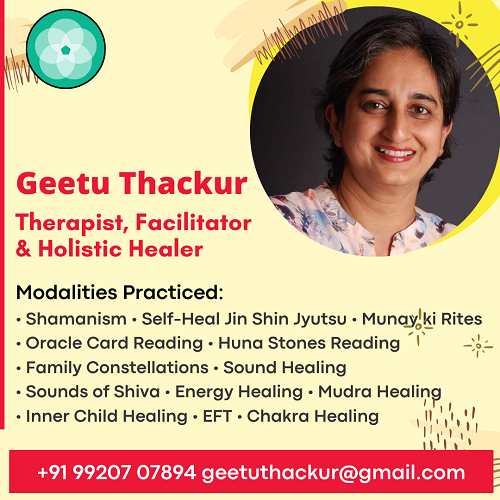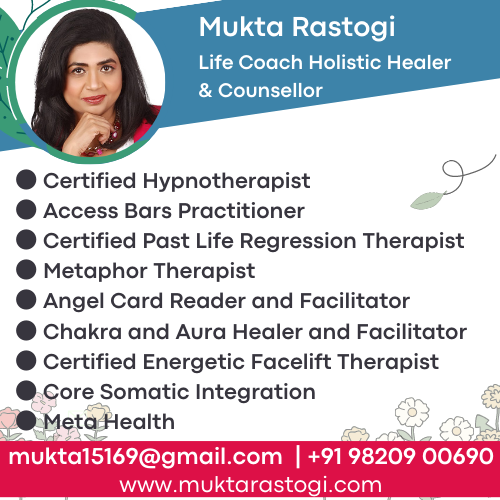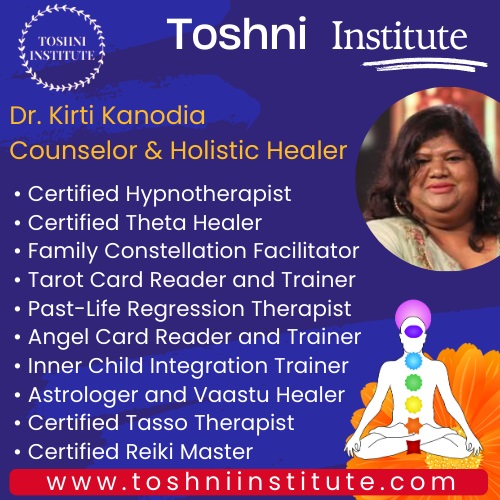Alternative Therapies
- Alternative Medicine
- Access Bars
- Access Body Processes
- Access Consciousness
- Access Energetic Faclift
- Acupressure
- Acupuncture
- Akashic Records
- Ancient Magnetism
- Angel Healing
- Aromatherapy
- Aura Reading
- Ayurveda
- Bach Flower Remedies
- Blueprint Numerology
- Breathwork
- Chakra Healing
- Cosmetic Acupuncture
- Crystal Healing
- Cupping Therapy
- Divine Healing Hands
- Distance Healing
- Emotional Freedom Technique (EFT)
- Energy Healing
- Energy Medicine
- Ergonomics
- Family Constellation
- Face Reading
- Fengshui
- Gaiadon Heart
- Geomancy
- Heal Your Life
- Graphology
- Holistic Solutions
- Holy Fire Reiki
- Homeopathy
- Ho'oponopono
- Humkara with Haleem
- Hypnotherapy
- Inner Child Therapy
- Intuitive Reading
- Jesus Reiki
- Jikiden Reiki
- Jin Shin Jyutsu
- Karuna Reiki
- Karmic Healing
- Lama Fera
- Lenormand Cards
- Light Language Healing
- Law of Attraction
- Manual Therapy
- Matrix Reimprinting
- Metaphor Therapy
- Meditation
- Mediumship
- Melchizedek Method
- Merlin Trinity Healing
- Merkaba Healing
- Mokshapat Reading
- Money Reiki
- Motivational Counseling
- Mudra Healing
- Nakshatra Energies
- Naturopathy
- Neuro Linguistic Programming (NLP)
- Numerology
- NumeroVastu
- Oracle Cards
- Panchakarma (Ayurveda)
- Panchkarma Holistic Healing - Mind Control
- Past Life Regression
- Pendulum Dowsing
- Physiotherapy
- Pranic Healing
- Pranic Psychotherapy
- Pythagorean Numerology
- Quantum Touch Healing
- Pyramids
- Redikall Healing
- Reiki
- Rudraksh
- Runes
- Soul Plan Reading
- Sound Healing
- Star Magic Healing
- Space Clearing
- Sujok therapy
- Tarot
- Theta Healing
- Twin Flame Healing
- Twin Hearts Meditation
- Unani Medicine
- Yoga
- Wicca
- Womb Healing
Diseases & Conditions
- Acne & Pimples
- Allergies
- Arthritis
- Asthma
- Behavioural Disorders
- Cancer
- Dandruff
- Diabetes
- Emotional Problems
- Gallstones
- Gastritis
- Hairloss
- Heart Diseases
- Hormonal Problems
- Hypertension
- Immune Disorders
- Infections
- Infertility
- Jaundice
- Kidney Disorders
- Liver Disorders
- Menstrual Disorders
- Migraine
- Neck & Back Pain
- Obesity
- Osteoporosis
- Peptic Ulcer
- Prevention
- Prostate Problems
- Psoriasis
- Sexual Dysfunctions
- Sinusitis
- Sleep Disorders
- Skin Diseases
- Stress
- Thyroid Disorders
- Ulcerative Colitis
- Urinary Infections
General Wellness
Inner Child Therapy for Managing Triggers - Mumbai
Dr. Geetanjali Saxena.

Past life Regression Trainer, Family Constellation Trainer, Theta Healing Trainer, Inner Child Work, Angel Therapist, Reiki healer, Hypnotherapy, Crystal Healing, Graphology, Tarot card reader & Astrologer


Geetu Thakur
Geetu is a certified and well versed in Sound bowl Healing, Sounds of Shiva, Bhairavi Yantra, Family Constellations, Jin Shin Jyutsu as a Self-Healing Modality and is a Reconnective Healing Facilitator...


Divine Light Healing & Training Centre - Ms. Asha A Doshi
Asha A Doshi is the founder and sole creator of a platform "Divine Light Healing & Training Centre" for all the light workers to come together and explore spirituality. Born with intuitive gifts of healing and teaching, she has spent her life learning, practicing, teaching and integrating diverse arts of making life a beautiful journey.


Ms. Mukkta Jain
Mukkta Jain is a Life coach, Counsellor, Certified Hypnotherapist, Access Bars Practioner, Certified with Dr Brain Weiss in Past Life Regression, trained in Metaphor Therapy and Angel Card Reader. She is Proactive and dynamic spiritual healer.

Inner Journeys
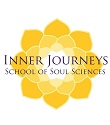
A Certified Past Life Regression Therapist, Healer, psychic and channel, who has been working in the field of channelled spiritual direction since ...


Dr. Kirti Kanodia
Dr. Kirti Kanodia is a certified Theta Healer, Trained Family Constellation Facilitator, Tarot card Reader, Past life Regression Therapist, Angel card reader, Inner child integration, Vedic Astrologer, Tasso Therapist and Reiki Master.

Cosmicx Healing Art - Ms. KripaJyoti Nisha Singla
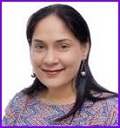
KripaJyoti Nisha Singla (PGDBM) is a Spiritual master, Energy worker, Reiki Master, Theta Instructor, and a dedicated Artist who has been working in the field of healings, spirituality, counselling, relationship healing, family therapy and alternative medicine therapies from more than 12 years.

Inner Child Therapy for Managing Triggers
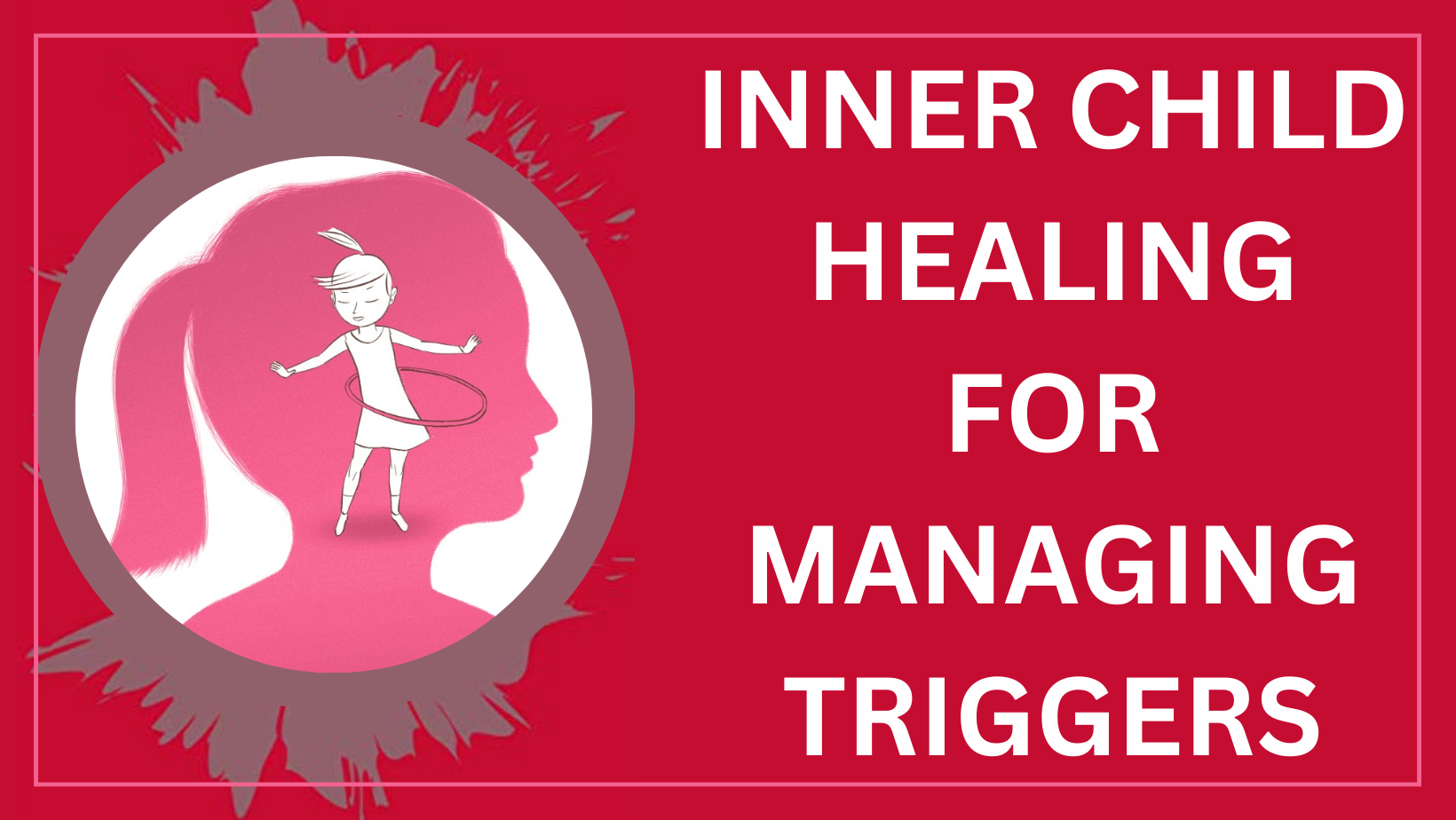
Inner Child Therapy for Managing Triggers
Inner-child therapy can be a powerful tool for managing triggers and emotional responses. The concept of inner-child therapy revolves around the idea that our emotional experiences and wounds from childhood can influence our present behavior and reactions. By addressing and healing these past experiences, we can often manage our triggers more effectively.
Here’s a broad overview of how inner-child therapy might be used to manage triggers: 1. Identify Your TriggersRecognize Patterns: Start by identifying situations or events that trigger strong emotional reactions. Keep a journal to track these instances and note the specific feelings and thoughts that arise.
Connect with Childhood Experiences: Reflect on whether these triggers relate to unresolved issues from your past. For example, a feeling of inadequacy might stem from early experiences of criticism or neglect.
2. Connect with Your Inner ChildVisualize Your Inner Child: Take time to visualize or imagine your younger self. This might involve recalling how you felt as a child during specific events or situations.
Dialogue with Your Inner Child: Engage in a conversation with your inner child. This can be done through writing, talking aloud, or guided imagery. Ask your inner child about their needs, fears, and desires.
3. Validate and ReassureAcknowledge Feelings: Validate your inner child’s feelings. Understand that these emotions are legitimate and were significant at the time they were experienced.
Provide Comfort: Offer reassurance and comfort to your inner child. Let them know that they are safe now and that you are there to support them.
4. Heal Past WoundsAddress Core Issues: Work on addressing the core issues that your inner child is struggling with. This might involve processing past traumas, reworking negative beliefs, or developing new coping strategies.
Develop Self-Compassion: Cultivate self-compassion and understanding for both your present self and your inner child. This helps in reducing self-criticism and promoting healing.
5. Implement Coping StrategiesUse Grounding Techniques: When you’re triggered, use grounding techniques to stay present. This might include deep breathing, mindfulness, or physical activities.
Create New Responses: Develop healthier responses to triggers by practicing new behaviors and thought patterns. For example, instead of reacting with anger, try to respond with calm and understanding. 6. Seek Professional SupportTherapeutic Guidance: Consider working with a therapist who specializes in inner-child therapy. They can provide guidance, support, and additional tools to help you navigate and heal from past experiences.
Ongoing Practice: Inner-child work can be an ongoing process. Regularly check in with yourself and your inner child to continue the healing process and adjust strategies as needed.
Inner-child therapy can be deeply transformative, but it often requires patience and commitment. It’s important to approach this work with kindness and openness towards yourself.


